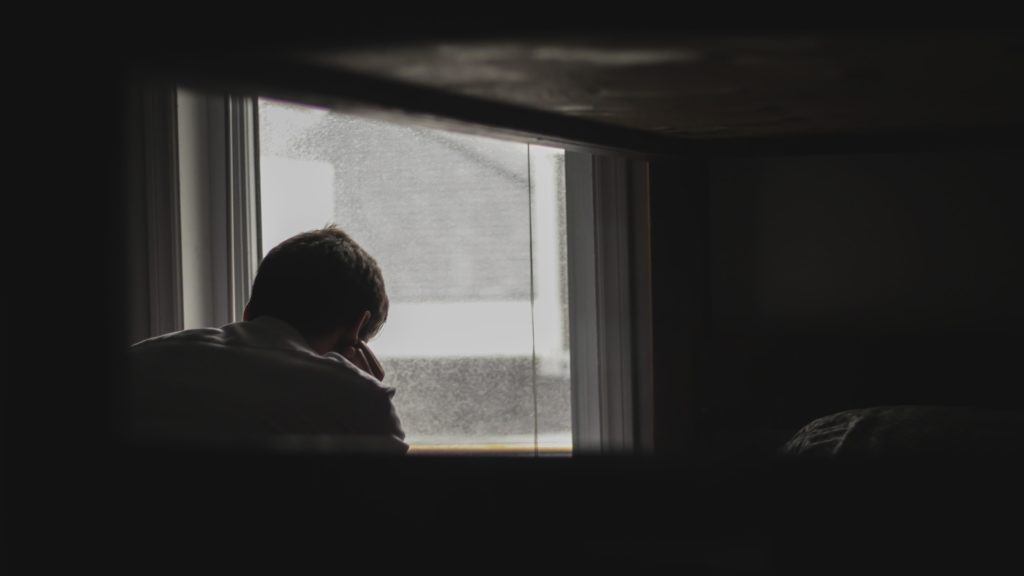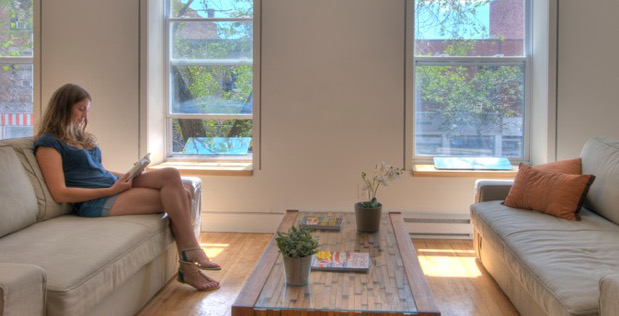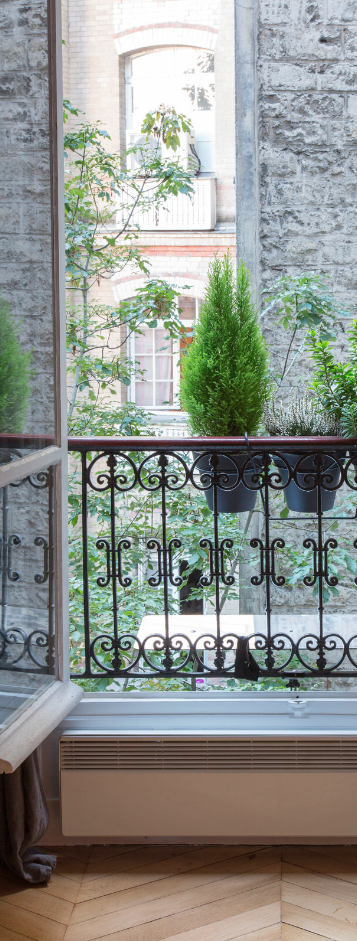>> Consequences of the lack of natural light on health
Who hasn’t experienced a little seasonal depression or SAD as winter approaches? In addition to the cold and the snow, natural light becomes less and less present as the days get shorter. However, the lack of natural light causes various symptoms in humans. One of these is seasonal depression.

Also called seasonal affective disorder, seasonal depression is caused by various factors. The lack of light contributes to the development of this depression. Indeed, natural light and the body’s exposure to it generates vitamin D, which is essential for our well-being.
Vitamin D is involved in the absorption of calcium and phosphorus. It plays an essential role in the mineralisation of bones. To be usable by the body, vitamin D needs the action of the sun’s ultraviolet rays.
It is in fact modified in the skin by UV rays. A minimum of exposure to the sun and natural light is therefore necessary to avoid this seasonal affective disorder.
As natural light is a major player in the fight against depression, it is important, especially in winter, to get as much exposure as possible to this light.
There are food supplements to make up for the lack of vitamin D.
The easiest way is to consume products containing vitamin D more regularly. The best known are seafood products such as salmon or sardines.
Combined with a more consequent supply of natural light, thanks to Espaciel light reflectors for example, it is quite possible to avoid this seasonal depression in a natural way and at low cost.

Read more:
Feeling of cold: Consequence of the lack of natural light
Winter Blues as a consequence of winter

